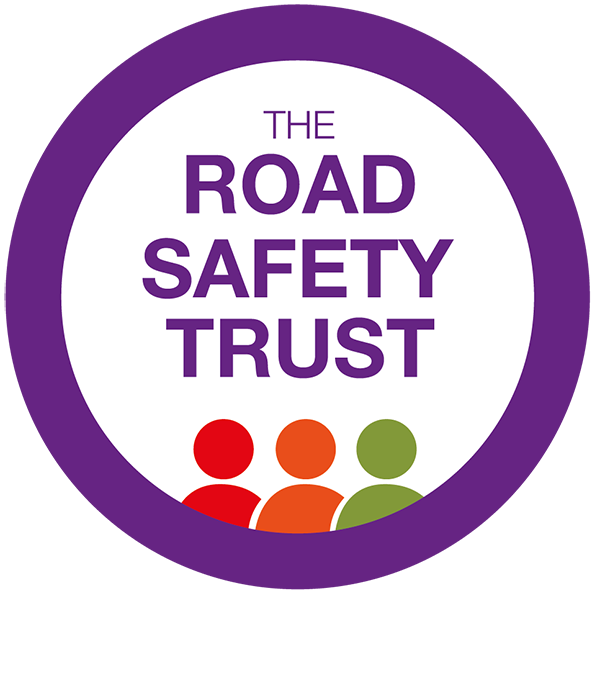Research to help improve functionality of CSW schemes
Community Speed Watch (CSW) groups across the country - and those who facilitate them - are being encouraged to learn from the findings of two projects funded by The Road Safety Trust.
The projects, carried out by the Universities of Greenwich and Staffordshire, both set out to improve the deployment and management of CSW schemes. Their research demonstrates the contribution that CSW volunteers make and highlights opportunities for the police service to benefit further from the skills and resources they bring.
CSW is an approach to tackling speed in local communities where volunteers, supported by their local police force, monitor vehicular speed and report offending vehicles.
The University of Greenwich collaborated with the University of Surrey to explore the motivations, contributions, and experiences of CSW volunteers in Surrey and Sussex.
The research found highly personal motivations for volunteering for CSW linked to concerns about loved ones and wanting to improve road safety in the local community.
CSW volunteers reported feeling positive about their CSW experience and referred to their contribution in terms of education, deterrence, visibility, and supporting the community and road safety partnership.
Research recommendations to inform CSW schemes going forward include: creating opportunities for CSW volunteers to come together; a more structured programme of engagement with police and other professionals on the roadside during CSW shifts; raising awareness of CSW schemes in the community and drawing on a broader network of partners with an interest in road safety.
Other recommendations include: enhancing feedback to volunteers so they understand more about the impact of their contribution; and creating opportunities for regular recognition and reward.
Dr Melissa Pepper, lead researcher from the University of Greenwich, said: “It's been such pleasure working alongside The Road Safety Trust, CSW volunteers, and road safety professionals in Surrey and Sussex on this project.
“It is clear that CSW volunteers bring so much to road safety – time, energy, enthusiasm and a detailed knowledge of their local community. There are ways for police and the community to benefit even more from their contribution, particularly though awareness raising, feedback, and a more developed partnership approach between CSW, the police, and other road safety organisations.
“We hope that findings from our study will help to inform the work of CSW going forward.”
The Staffordshire University project provided an exploration of the effectiveness of CSW in reducing speeds within Gloucestershire and its ability to engage with drivers and communities around the issue of speed.
In interviews/focus groups, stakeholders described CSW as empowering community members to do something about a perceived issue within their local community. Volunteers described using CSW as a way of evidencing where there is a speeding problem. The report suggests that facilitating communication between CSW groups has the potential to reduce resources wasted on repeat learning and act as a network of support for volunteers.
Questionnaires completed by people living in communities that use CSW showed the majority agreed that CSW plays an important role in tackling speed, makes them feel safer in their community and would like more CSW activity to take place. Questionnaires completed by offenders also showed that a majority agreed that CSW is a useful way of tackling speed, plays an important role in tackling speed and CSW teams do a good job of keeping communities safe.
With regards to the effectiveness of CSW, there appear to be short-term benefits to average speeds, although longer-term trends fluctuate and more research is needed to understand the effectiveness of CSW on driver speeds. The report recommends that any cap on the number of letters distributed to those identified exceeding the speed limit must be carefully considered as speed data suggested that not sending a letter was associated with higher driver speeds.
In terms of areas of consideration moving forward, the report highlights the importance of ensuring consistency in communication - including clearly verbalising the aims of CSW activity to volunteers and the wider community as well as using organised communication strategies to improve public perceptions of CSW.
A further recommendation is to provide communications and de-escalation training for volunteers to minimise any negative impact of volunteer behaviour or messaging on organisational reputation.
Dr Leanne Savigar-Shaw, Staffordshire University, said: “This research has provided much needed insight into the role and value of CSW from the perspective of volunteers, drivers and identified offenders.
“There is still much more to be done in this area to better understand the effectiveness of CSW as a speed safety measure, but we hope this work kickstarts further research. We have produced recommendations to support police forces and volunteers in developing their CSW practice.”
The Road Safety Trust is encouraging local authorities who operate CSW schemes to consider the recommendations of both reports.
Ruth Purdie OBE, chief executive of The Road Safety Trust, said: “CSW has become an important tool for local communities who have concerns around speeding.
“These projects demonstrate that sentiment and show both the motivations of volunteers and the benefits they feel the schemes achieve.
“They also provide a series of important recommendations for those who facilitate CSW schemes, in order to improve their efficiency and success.”
Click here to learn more about the University of Greenwich project, and here to learn more about the Staffordshire University project.
